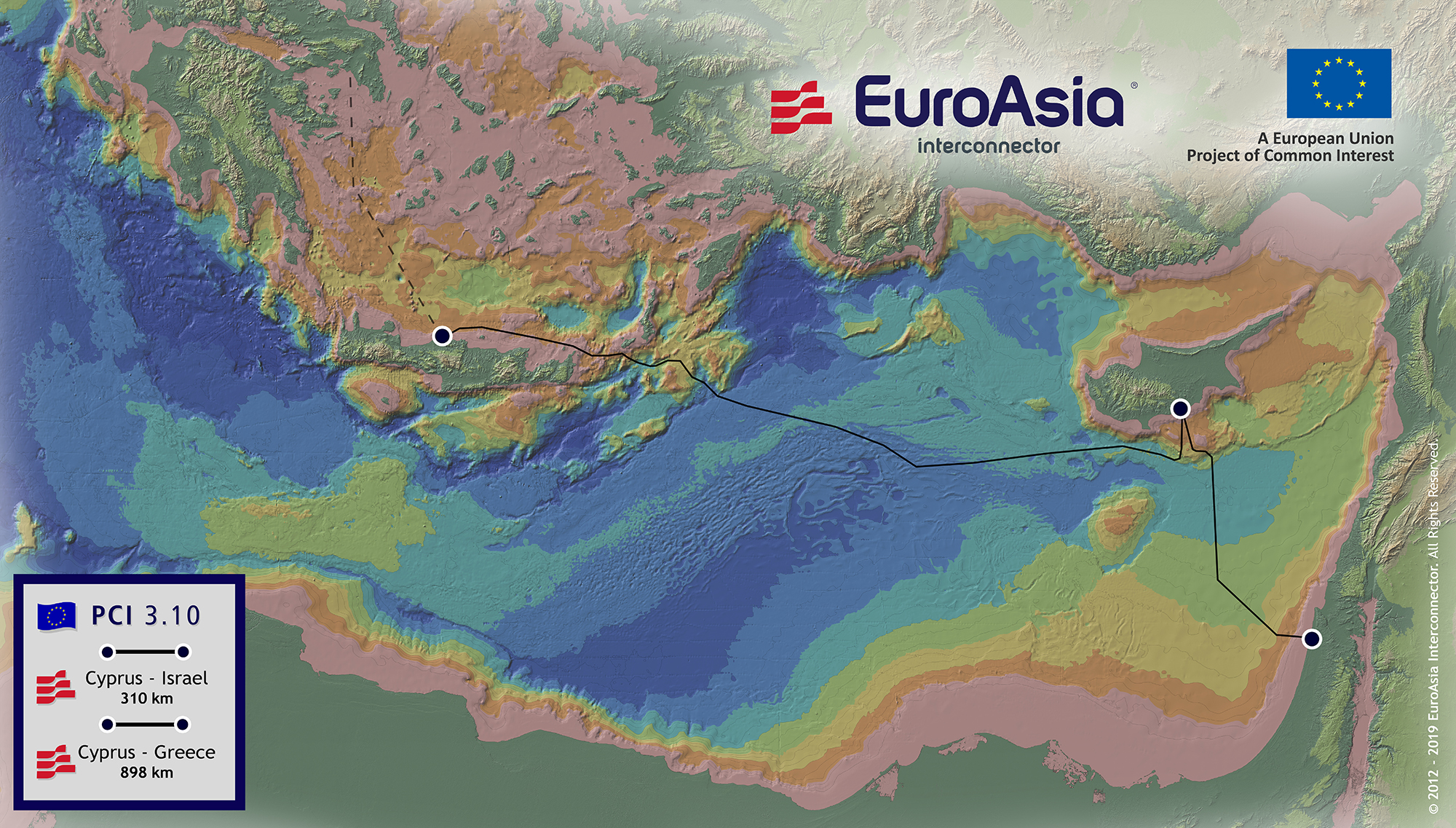Greece Moves Forward with Maritime Projects Despite Risk of Turkish Backlash
In what appears to be a calculated diplomatic maneuver, Greece is preparing to advance two significant maritime initiatives despite the potential for renewed tensions with Turkey. The recent meeting between Greek Foreign Minister Giorgos Gerapetritis and Turkish Foreign Minister Hakan Fidan on the sidelines of the NATO summit in Brussels attempted to project an image of ongoing dialogue, but underlying frictions remain unresolved.
Diplomatic sources confirmed that Greece will restart work on the Greece-Cyprus-Israel electrical interconnection project and advance national maritime spatial planning through a ministerial decision this April. The interconnection project had been paused recently due to the recent informal Geneva meeting on the Cyprus issue. These moves come at a time when American energy giant Chevron has expressed interest in hydrocarbon exploration south of Crete—an area disputed under the Turkish-Libyan maritime memorandum.
Strategic Calculations and Regional Alliances
Greek authorities appear to be banking on European support, particularly from France, whose company NEXANS is involved in the electrical interconnection project. Israel's deteriorating relationship with Turkey may also provide Athens with strategic leverage in the Eastern Mediterranean.
"The complex equation forming in the Eastern Mediterranean, with Israel playing a pivotal role in American-Turkish relations, could serve as a restraining factor against Turkish aggression in the region," notes the Efimerida ton Sintakton newspaper, highlighting how Israel's close ties with Washington might benefit Greek interests.
However, sources caution that Greece shouldn't expect direct Israeli intervention should Turkey harass vessels conducting work on the electrical interconnection east of Kasos island.
Domestic Political Pressures Drive Foreign Policy
The timing of Greece's assertive maritime moves appears closely linked to mounting domestic political pressures. Recent polling shows the ruling party's support limited to 26-28%, while ultranationalist and conservative parties collectively command a significant 17-20% of potential voters.
This political reality has pressured the government to adopt more muscular positions on sovereignty issues. Nationalist opposition voices have consistently criticized what they perceive as a soft approach to Turkish provocations, forcing the administration to demonstrate resolve on matters of territorial integrity.
"The government finds itself in a difficult position, needing to balance diplomatic pragmatism with the domestic imperative to appear strong on national issues," explains a source in Athens familiar with the situation.
Trump Factor Looms Large Over Regional Dynamics
As these tensions unfold, the potential influence of US President Donald Trump's administration looms large over the Eastern Mediterranean. Diplomatic observers note that the Trump administration's position on new developments in the Aegean Sea could significantly determine the trajectory of Greek-Turkish relations.
The American stance toward Turkey has historically been a critical variable in regional power dynamics. Any perceived American tolerance for assertive Turkish behavior could embolden Ankara, while strong American support for Greece might restrain Turkish responses to Athens' maritime initiatives. This dynamic could significantly determine the trajectory of Greek-Turkish relations.
With high-stakes energy projects advancing and domestic political considerations intensifying, the careful balance maintained between Greece and Turkey appears increasingly precarious. Whether this represents a calculated escalation or a dangerous drift toward confrontation remains to be seen. However, if this balance is disrupted, it could lead to a more volatile and potentially conflict-prone situation in the region. What's certain is that the waters of the Aegean are unlikely to remain calm for long.
Map: The Great Sea Interconnector Project
